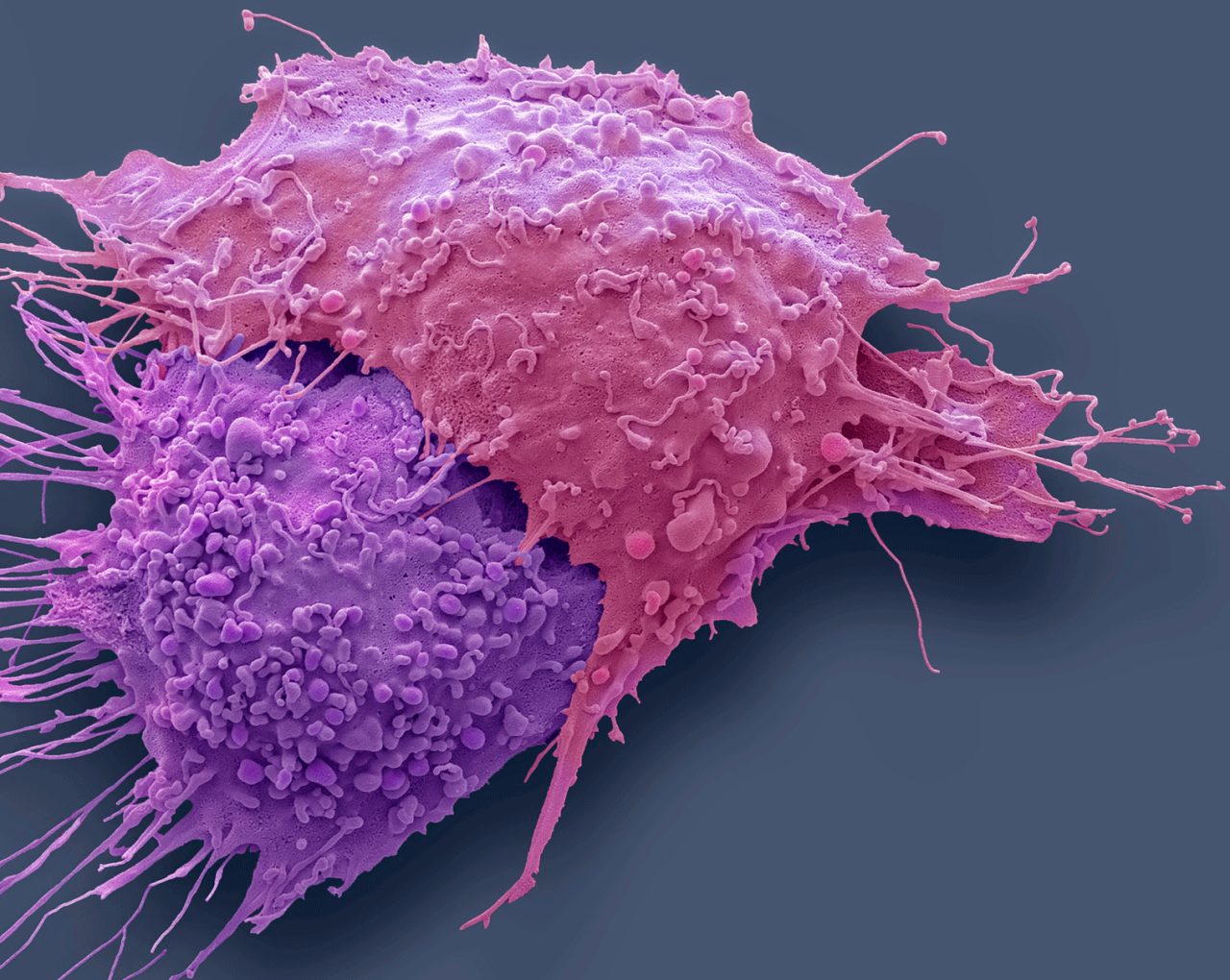Ovarian Cancer Causes

As with most illnesses, ovarian cancer causes include factors in your genetics and personal history that are beyond your control, but you can reduce your risk.
Many ovarian cancer causes are well-known, but we can never know in advance how they will come together in one woman’s life.
According to the American Cancer Society (ACS), on average, a woman’s lifetime risk of developing ovarian cancer is under 2 percent. Your genes, personal history, age, ethnicity, diet, and weight all contribute to either raise or cut that risk.
Some not uncommon conditions are linked to higher risk of ovarian cancer. These include polycystic ovary syndrome, an endocrine disorder, and endometriosis, a condition associated with a 30 percent higher risk.
YOU MIGHT ALSO LIKE: Signs and Symptoms of Ovarian Cancer
Taking fertility drugs or hormone replacement therapy for menopause may increase your risk slightly. If you are taking those drugs, you need to be checked for ovarian cancer at regular intervals.
According to the Ovarian Cancer National Alliance, you may be at higher risk if you began menstruating before age 12, either didn’t give birth or gave birth for the first time after the age of 30, or hit menopause after 50.
Your risk rises after menopause. Half of all diagnoses, the ACS reports, occur in women age 63 and up. Non-Hispanic white women are most at risk, compared to other groups in the United States.
Obesity, especially as a teenager, is a risk factor. Beyond any hormones you take, your weight is the most important cause of ovarian cancer you can control.
Genetic risk doesn’t explain as many cases of ovarian cancer as you might think. If you or a close relative has had breast cancer or a relative has had ovarian cancer, you are at higher risk. But the ACS reports that only about 5 to 10 percent of ovarian cancers arise from inherited genetic mutations.
That said, your own risk does rise if you test positive for a mutation. The best-known mutations — in the BRCA1 and BRCA2 genes — are associated with breast cancer, as well as pancreatic and prostate cancer. The BRCA1 mutation may increase your lifetime risk of ovarian cancer as much as 70 percent. The BRCA2 mutation raises your risk of developing the disease 10 to 30 percent by age 70.
Many people assume the mutation must come from their mother’s side, but you can inherit it from your father as well.
Why are these genes so important? BRCA1 and BRCA2 produce tumor suppressors that repair damage to DNA and slow cell division, letting cells know when it’s their turn to retire.
If you have a BRCA mutation, make sure you have both a mammogram and an MRI each year. Nearly any cancer caught early is easier to treat. You may also need checkups and blood tests for a protein called CA-125 that often shows up in people with ovarian cancer.
If you’re of reproductive age and have a family history that suggests a BRCA mutation, talk to your gynecologist about birth control pills. Studies suggest the pill may help protect you against ovarian cancer.
For all women, taking the pill for five years or longer seems to cut ovarian cancer risk in half. And after you stop, that protection may last up to 25 years, according to the National Cancer Institute.
Breastfeeding might also lower your risk.
Updated:
May 22, 2023
Reviewed By:
Janet O’Dell